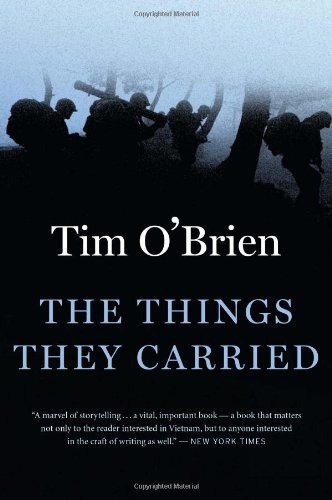| Tyson Gay (Photo credit: Wikipedia) |
"It just triggers you off to think if it is possible to be even more diligent in our awareness, if it is possible for us to remind athletes of their responsibility and accountability for all these things, to make sure they are looking at every aspect of what they do, what they take, when they take it, why they take it. Check, check, check, check, check.
"When in doubt, don't take it."
This argument is remarkably similar to that of Jeff McMahan's in his recent Killing in War, wherein McMahan argues that it is the responsibility of any potential combatant to ensure that his side is just before becoming a combatant, and, when in doubt, don't join up.
Such an argument sounds entirely plausible. Surely if I am to put anything in body, or, more importantly, put myself in a position where I am a danger to others, it is on me to guarantee that what I am doing is right rather than to plead ignorance as Gay and Powell have thus far done.
What is meant in both these cases by "responsibility"? Is it right to assume, as these arguments do, that responsibility is simply to be understood on the model of "accountability"? To ignore the larger structures in which these decisions to enhance oneself are being made—through PEDs on the one hand and through weapons on the other—is to suggest that I am always perfectly aware and in control of my actions independently of any mediating factors such as what could be called the "culture of sports" or the "culture of war."
Cheating is a part of sports, a part that extends from athletes and coaches down to fans and non-fans. When a baseball player (I'm a Red Sox fan, so of course I'm thinking of Derek Jeter here) pretends to have tagged out a player trying to steal 2nd base, even though he knows that no such tag was made, we do not cry "Cheater!" but instead laugh along with him and congratulate him on "giving it a shot." Such theatricality has become so engrained in sports that South Park recently did an entire episode suggesting that World Wrestling Entertainment had filled the void left by our modern-day disinterest in opera. If athletes are not making ESPN-worthy highlights—whether those highlights are of plays within the rules of the sport are not—we lose interest. We do not merely expect athletes to cheat, we demand it. What we further demand though is that they not get caught. Getting caught reveals our hypocrisy, and that we will not stand for (think similarly of the disparity between our claimed abhorrence of government-approved torture and the success of 24).
 |
| Go read it (again)... |
Similarly, in a time of war we expect potential combatants to join up, to not question the reason for engagement but to be patriotic and to serve when called upon. This struggle, as Cheyney Ryan rightly pointed out in his contribution to Just and Unjust Warriors, is not between a commitment to morality and a commitment to patriotism however, but is rather a struggle between two moral commitments. And, as Tim O'Brien beautifully portrayed in his famous The Things They Carried, this struggle can be seen to operate an even deeper level, at a level that I would describe as existential. This is a struggle then between who we are and who we want to be, between how we want to be seen by others and how we want to see ourselves.
So before we get on our high horses and cry foul (or, worse yet, declare it a "tragedy") that Gay and Powell cheated, or accuse young men and women of immorality or ignorance for signing up for wars we disagree with, we should take a step back and ask why these decisions were made rather than hypocritically and naïvely telling them what they should have done differently.



No comments:
Post a Comment